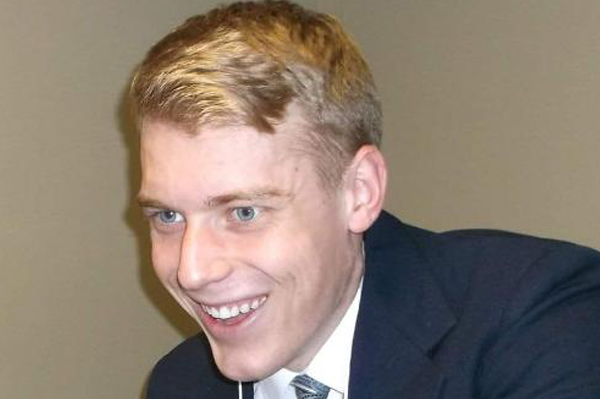Upcoming Event: PhD Dissertation Defense
Tyler Masthay, CSEM Ph.D Candidate
2 – 4PM
Wednesday Apr 23, 2025
Full-waveform inversion (FWI) is a state-of-the-art method for imaging the earth’s subsurface, but it is notorious for local-minimum trapping, or "cycle skipping," and thus requires an accurate initial model (Metivier et al. 2018). Cycle skipping arises from the nonconvex nature of the misfit optimization landscape in its typical least-squares formulation. In contrast, the Wasserstein-2 distance is convex with respect to shifts and dilations—both of which occur naturally in seismic data—making it an attractive misfit measure (Yang et al. 2018). While previous work has demonstrated effective and practical convexification via optimal transport for FWI, it has primarily focused on velocity inversion or acoustic source inversion. The lack of research on optimal transport for elastic source inversion motivates our study. This dissertation demonstrates that the effectiveness of optimal transport for FWI translates well to the elastic case across various benchmark datasets, including the IASP91 and Marmousi models. Finally, we introduce an open-source API engineered for efficient, reproducible FWI that promotes community-driven research through a unified, easily extendable, and configurable platform, featuring tools for direct comparisons between different configurations of this platform to enhance transparency and reproducibility and to accelerate the development of new FWI-based algorithms.
Tyler Masthay is from Dayton, Ohio and majored in mathematics and computer science at the University of Dayton, where he wrote his undergraduate thesis on boundary value problems for fractional differential equations with Paul Eloe. He joined the Oden Institute in 2017 as a CSEM where he researched seismic inverse problems with his supervisor Bjorn Engquist and co-supervisor Sergey Fomel. He joined Stellar Science as a scientific software engineer in late 2024.
